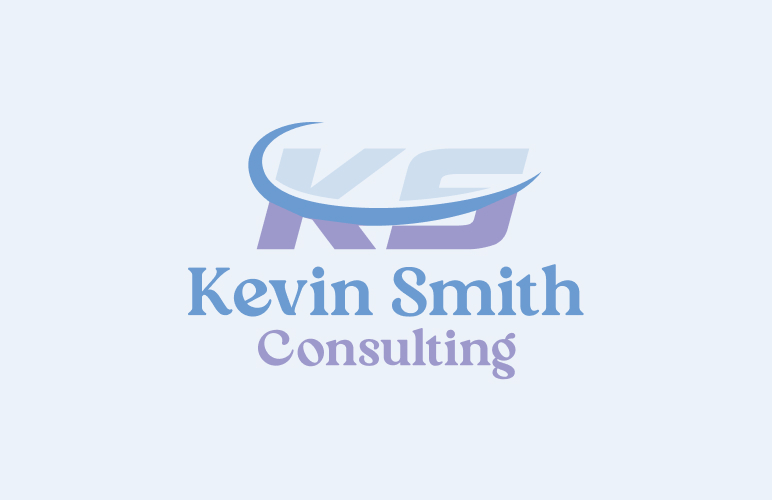Effective Strategies for Managing Cash Flow and Budgets in Small Businesses
- “Create a Detailed Budget”
– Explore the importance of a comprehensive budget that outlines projected income and expenses, helping small business owners make informed financial decisions. - “Monitor Cash Flow Regularly”
– Learn how to track cash flow consistently, review cash flow statements, identify patterns, and proactively address potential cash flow issues for financial stability. - “Implement Effective Invoicing and Payment Strategies”
– Discover strategies to establish clear invoicing and payment processes, reduce delays, and optimize cash flow cycles. - “Manage Inventory Efficiently”
– Explore inventory management techniques to minimize carrying costs, identify slow-moving items, and maintain healthy stock levels. - “Negotiate Favorable Terms with Suppliers”
– Understand the importance of negotiating favorable payment terms with suppliers, building strong relationships, and optimizing cash flow through supplier management. - “Implement Cost Control Measures”
– Learn how to review expenses, reduce costs, negotiate with vendors, and track spending to increase profitability and allocate resources efficiently.
Effective Strategies for Managing Cash Flow and Budgets in Small Businesses
Managing cash flow and budgets is vital for the financial health and success of any small business. In this blog post, we will explore practical strategies that can help small business owners effectively manage cash flow and budgets, ensuring stability, growth, and long-term sustainability.
Create a Detailed Budget
Start by creating a comprehensive budget that outlines your projected income and expenses. Consider both fixed and variable costs, such as rent, utilities, salaries, inventory, and marketing expenses. Regularly review and update your budget to reflect any changes in your business. By tracking your financial inflows and outflows, you can gain a clear understanding of your cash position and make informed decisions.
Monitor Cash Flow Regularly
Track your cash flow on a consistent basis to ensure you have a positive cash flow and avoid any cash crunches. Regularly review your cash flow statement, which tracks the movement of money into and out of your business. Identify patterns, seasonal fluctuations, and potential cash gaps to proactively address any issues. Effective cash flow management helps you make informed decisions about expenses, investments, and financial planning.
Implement Effective Invoicing and Payment Strategies
Establish clear invoicing and payment processes to minimize delays and improve cash flow. Send invoices promptly and follow up on overdue payments. Consider offering incentives for early payment or penalties for late payment. Explore digital payment options to streamline the collection process. Regularly assess your accounts receivable and take action to recover outstanding payments promptly. Maintaining a healthy cash flow cycle is crucial for small business success.
Manage Inventory Efficiently
Optimize your inventory management to minimize carrying costs and maximize cash flow. Conduct regular inventory audits to identify slow-moving or obsolete items. Establish relationships with reliable suppliers to ensure timely deliveries and avoid stockouts. Utilize inventory management systems and forecasting tools to accurately determine stock levels based on demand. Effective inventory management reduces unnecessary expenses and frees up cash for other business needs.
Negotiate Favorable Terms with Suppliers
Negotiate favorable payment terms with suppliers to align with your cash flow needs. Seek extended payment terms, bulk purchase discounts, or early payment incentives. Building strong relationships with suppliers can also lead to preferential pricing and better credit terms. Effective supplier management helps you optimize costs, improve cash flow, and strengthen your business partnerships.
Implement Cost Control Measures
Regularly review your expenses and identify areas where you can reduce costs without compromising quality. Negotiate with vendors, explore more cost-effective alternatives, and eliminate unnecessary expenses. Monitor your budget closely and track your actual spending against projections. By implementing cost control measures, you can optimize cash flow, increase profitability, and allocate resources more efficiently.
Conclusion
Managing cash flow and budgets is essential for small businesses to maintain financial stability and achieve long-term success. By creating a detailed budget, monitoring cash flow, implementing effective invoicing and payment strategies, managing inventory efficiently, negotiating favorable terms with suppliers, and implementing cost control measures, small business owners can ensure healthy cash flow and financial sustainability.
